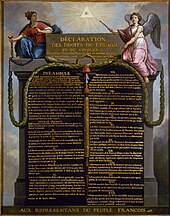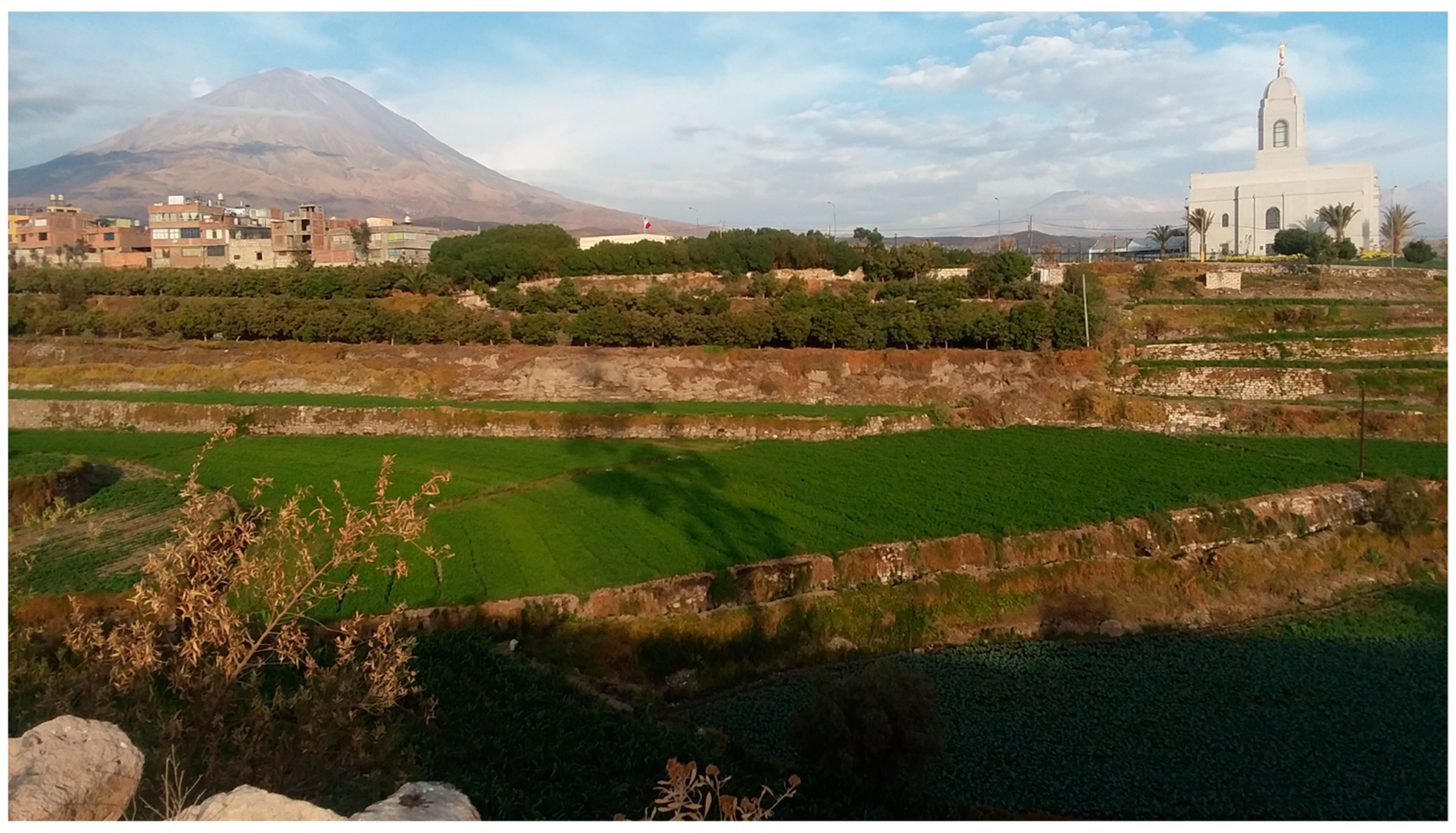Jun 26, 20224.4: Persuing Political, Religious, and Individual Freedom. Consumption, trade, and slavery drew the colonies closer to Great Britain, but politics and government split them further apart. Democracy in Europe more closely resembled oligarchies rather than republics, with only elite members of society eligible to serve in elected positions.
3.1 The Southern Colonies
The Southern Colonies were overwhelmingly rural, which made slavery and indentured servitude highly used. … making Maryland the second colony to have freedom of worship, after Rhode Island. However, the Act did little to help religious peace. In 1654, Protestants barred Catholics from voting, ousted a pro-tolerance Governor,

Source Image: brill.com
Download Image
Apr 28, 2022Despite the effort to govern society on Christian (and more specifically Protestant) principles, the first decades of colonial era in most colonies were marked by irregular religious practices, minimal communication between remote settlers, and a population of “Murtherers, Theeves, Adulterers, [and] idle persons.”

Source Image: en.wikipedia.org
Download Image
PPT – Colonial North Carolina PowerPoint Presentation, free download – ID:2590488
At least initially, the colonies largely continued the historical practice of having state-established religion in America; although not every colony had one of ficially designated state religion, every colonial government had some elements of a religious establishment, as defined in an earlier essay. 1

Source Image: reddit.com
Download Image
Did The Southern Colonies Have Religious Freedom
At least initially, the colonies largely continued the historical practice of having state-established religion in America; although not every colony had one of ficially designated state religion, every colonial government had some elements of a religious establishment, as defined in an earlier essay. 1
Chapter Get access Cite Summary When the English set up their first permanent settlement in what became the southern United States, they envisioned transplanting English life and institutions with relative ease. Those who survived the first year at Jamestown, Virginia, after arriving in 1607, knew differently.
A flag of the South without Confederate symbolism : r/vexillology
The Anglican Church was the established state church in the southern colonies. The tolerant middle colonies had a Christian pluralism, though often unharmonious, of various Christian denominations. Acceptance of religious tolerance and freedom of belief grew and spread in the colonies in the 1700s.
Mr. Ramirez’s History Blog: The Southern Colonies

Source Image: ramirez235.blogspot.com
Download Image
13 English Colonies Interactive Notebook INB | Technically Speaking with Amy
The Anglican Church was the established state church in the southern colonies. The tolerant middle colonies had a Christian pluralism, though often unharmonious, of various Christian denominations. Acceptance of religious tolerance and freedom of belief grew and spread in the colonies in the 1700s.

Source Image: technicallyspeakingwithamy.com
Download Image
3.1 The Southern Colonies
Apr 28, 2022Despite the effort to govern society on Christian (and more specifically Protestant) principles, the first decades of colonial era in most colonies were marked by irregular religious practices, minimal communication between remote settlers, and a population of “Murtherers, Theeves, Adulterers, [and] idle persons.”

Source Image: studylib.net
Download Image
PPT – Colonial North Carolina PowerPoint Presentation, free download – ID:2590488
Jun 26, 20224.4: Persuing Political, Religious, and Individual Freedom. Consumption, trade, and slavery drew the colonies closer to Great Britain, but politics and government split them further apart. Democracy in Europe more closely resembled oligarchies rather than republics, with only elite members of society eligible to serve in elected positions.

Source Image: slideserve.com
Download Image
Islam Beyond Borders: Building Ummatic Solidarity in the 21st Century – Ummatics
Although the colonies did not grant full religious freedom as the concept would be understood today, some nonetheless refrained from establishing an official state-sponsored church and granted more religious liberty than, for example, Virginia or the Puritan colonies.1 Footnote In addition to Rhode Island and Pennsylvania, discussed here, New

Source Image: ummatics.org
Download Image
Religions | Free Full-Text | Be Careful, Ye Catholic: The Entanglement of Mormonism and Money in Peru
At least initially, the colonies largely continued the historical practice of having state-established religion in America; although not every colony had one of ficially designated state religion, every colonial government had some elements of a religious establishment, as defined in an earlier essay. 1

Source Image: mdpi.com
Download Image
Southern African Peace and Security Studies Journal – Vol. 1 No. 1 – 2012 | PDF
Chapter Get access Cite Summary When the English set up their first permanent settlement in what became the southern United States, they envisioned transplanting English life and institutions with relative ease. Those who survived the first year at Jamestown, Virginia, after arriving in 1607, knew differently.

Source Image: slideshare.net
Download Image
13 English Colonies Interactive Notebook INB | Technically Speaking with Amy
Southern African Peace and Security Studies Journal – Vol. 1 No. 1 – 2012 | PDF
The Southern Colonies were overwhelmingly rural, which made slavery and indentured servitude highly used. … making Maryland the second colony to have freedom of worship, after Rhode Island. However, the Act did little to help religious peace. In 1654, Protestants barred Catholics from voting, ousted a pro-tolerance Governor,
PPT – Colonial North Carolina PowerPoint Presentation, free download – ID:2590488 Religions | Free Full-Text | Be Careful, Ye Catholic: The Entanglement of Mormonism and Money in Peru
Although the colonies did not grant full religious freedom as the concept would be understood today, some nonetheless refrained from establishing an official state-sponsored church and granted more religious liberty than, for example, Virginia or the Puritan colonies.1 Footnote In addition to Rhode Island and Pennsylvania, discussed here, New